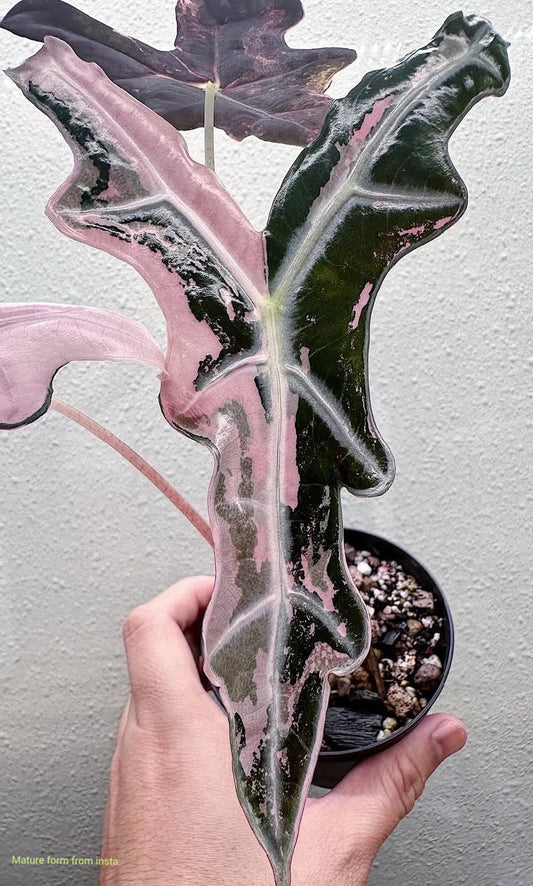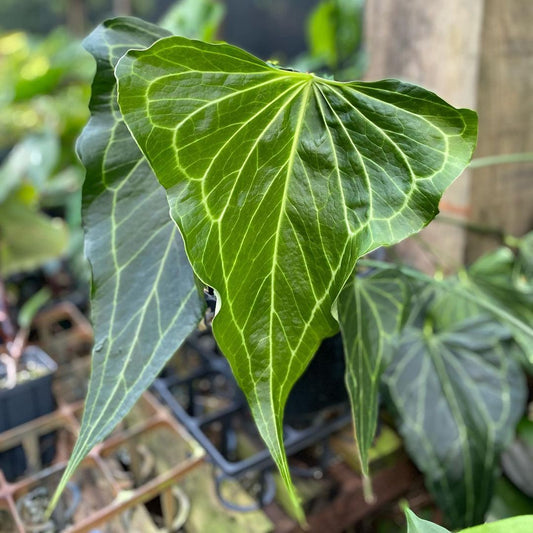In recent years, the world of plants growing has been transforming in remarkable ways. With the soaring demands and the pressures on plant production increasing, innovative techniques are playing a pivotal role in reshaping how we grow plants. One of the most exciting developments in this realm is plant tissue culture, a method that promises to revolutionize the future of plant growing, bringing us closer to sustainable, efficient, and large-scale practices. But what exactly is plant tissue culture, and how will it influence the future of plant growing? Let’s explore.
What is Plant Tissue Culture?
Plant tissue culture is a technique used to grow plants from small tissues or cells in a controlled, sterile environment. These small plant parts—usually cells, tissues, or even individual plant organs like leaves or stems—are placed in a nutrient-rich medium under ideal growth conditions. The plant tissues then develop into full plants, capable of being transferred to soil or used for various purposes.
The process begins with sterilization to ensure no harmful bacteria or fungi contaminate the culture. Then, the plant material is grown in a nutrient-rich agar medium that contains vitamins, minerals, and hormones essential for plant growth. The plantlets that develop can be cloned, enabling the rapid propagation of plants. These plantlets, once established, are then transplanted to soil or grown in greenhouses for further cultivation.
Why is Tissue Culture Important?
Tissue culture has the potential to transform plant cultivation on many levels. Here are some of the key reasons why it is becoming increasingly significant:
Mass Propagation
One of the most impressive advantages of tissue culture is the ability to propagate large numbers of plants in a short period. This is especially useful for crops with high demand or for rare and endangered plant species. For instance, orchids, bananas, and strawberries can be mass-produced through tissue culture, ensuring a constant supply of high-quality plants without the variability that comes from traditional propagation methods like seeds or cuttings.
Clonal Propagation
Tissue culture allows for the clonal propagation of plants. Cloning means creating genetically identical plants from a single parent. This is incredibly beneficial for plants that exhibit desirable traits, such as disease resistance, high yield, or particular aesthetic qualities. By cloning these plants, growers can ensure that each plant has the same characteristics, leading to more uniform plants and better genetics.
Disease-free Plants
When plants are grown from seeds or cuttings, they can often carry diseases or pests that might be passed to future generations. Tissue culture, however, can eliminate this problem. By isolating the healthy parts of the plant and growing them in a sterile environment, scientists can ensure that the resulting plants are free from viruses, bacteria, and other pathogens. This is particularly beneficial for plants that are prone to disease, ensuring healthy and strong plants from the very beginning.
Conservation and Preservation
Tissue culture plays a critical role in the conservation of endangered plants. Scientists can preserve rare or endangered plant species by creating tissue cultures from their cells, storing them in controlled conditions, and even reintroducing them into their native habitats later. This method has been used to conserve various species of orchids, trees, and other plants that face the threat of extinction.
In conclusion, the future of plant growing is undeniably intertwined with the advancements in tissue culture. This technology not only offers a more efficient way to produce plants but also opens the door to innovative approaches for solving some of the world’s most pressing growing challenges. Whether it's ensuring the survival of endangered species, developing disease-free crops, or contributing to global food security, plant tissue culture is set to be a driving force in the evolution of plant growing.
As the technology matures, it promises a future where plant growing is more efficient, sustainable, and resilient, laying the foundation for a new era of growing that can meet the needs of a rapidly changing world.
Proudly working with a skillful tissue culture team in New Zealand, with the main goal to make rare plants' price more affordable, we are thrilled to introduce exclusive flask selections to everyone.



